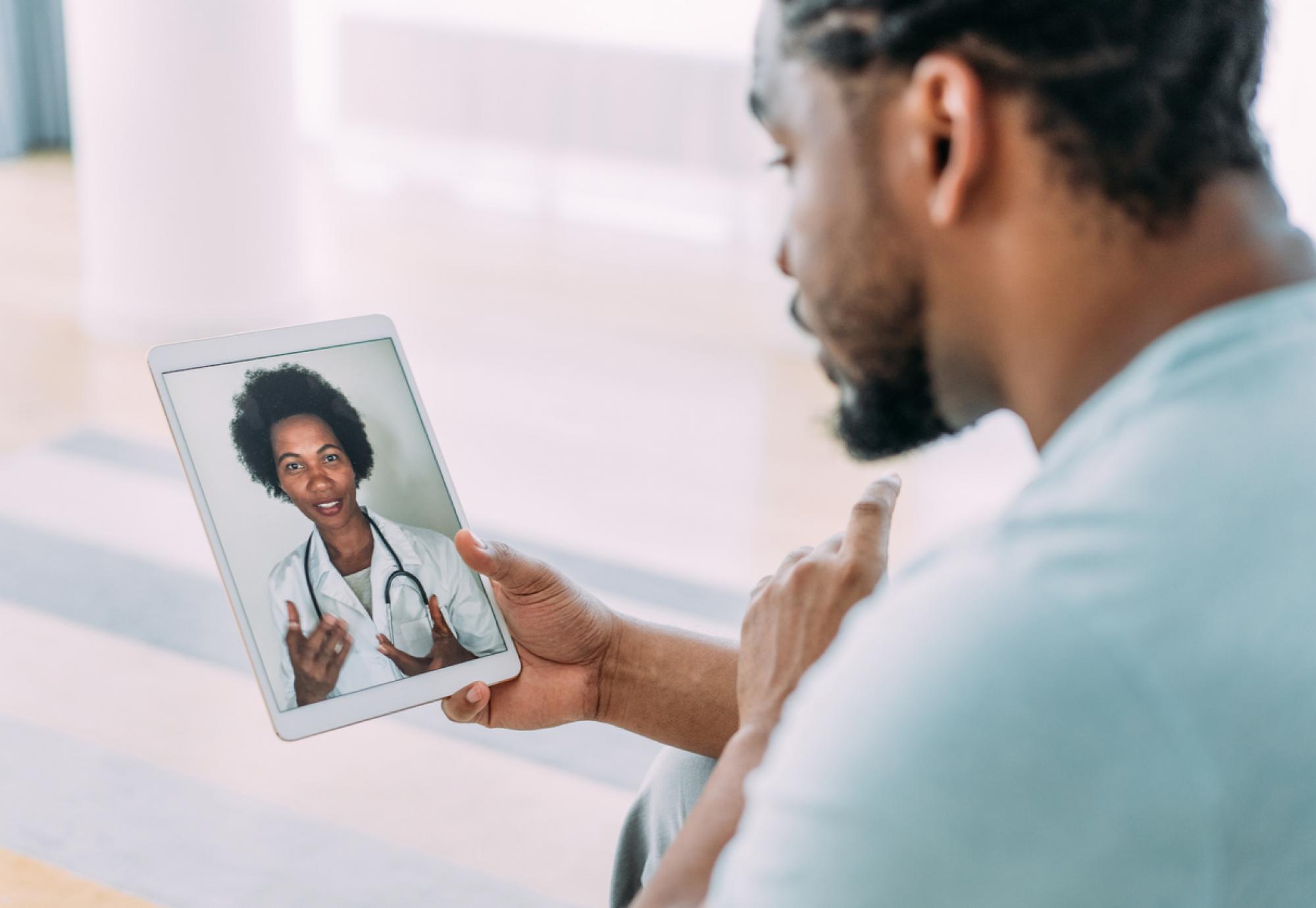New research has shown that, whilst remote health settings are hugely appreciated by users, they don’t always save money.
The study was conducted by researchers from the University of Hertfordshire, who evaluated phone, in-person, and online consultations at two public health services – Forward Leeds and the Welsh National Exercise Referral Scheme.
The team discovered that even though the remote services were of high value to patients, the digital and IT investment required to implement effectively meant they were also expensive to set up and run.
The researchers did emphasise however that the benefits of delivering services digitally outweigh the detrimental costs. Both health services reported the remote delivery helped to level out health inequalities by expanding access to those who couldn’t attend in-person appointments – this included those with disabilities and caring responsibilities. Forward Leeds in particular reported higher attendance rates and lower cancellation rates.
The Hertfordshire University researchers conducted their work under the banner of the National Institute for Health and Care Research’s Public Health Responsive Studies Teams (PHIRST) programme.
Katherine Brown, Professor of Behaviour Change in Health at the University of Hertfordshire and PHIRST Connect Chief Investigator, said: “While our research has clearly shown that the digital option isn’t necessarily the cheaper choice for service providers, it also demonstrates the importance of continuing to support this model of delivery and why healthy funding is needed for these services to thrive in a hybrid model.
“While in-person treatment can lead to more effective welfare checks and improved rapport, engaging remotely is helpful for those with mobility restrictions, caring responsibilities, or severe social anxiety. For some people, digital services are the only way they can access the health support they need.”
Katie Newby, Associate Professor in Health Behaviour Change and PHIRST co-investigator, added: “It’s important that people who are engaging remotely don’t miss out due to lack of funding or support. We know that staff do fantastic work in both formats, and this needs to be supported and bolstered by continued investment and development.
“Having the flexibility to offer both remote and in-person engagement adds a valuable new dimension to care that can widen access while still offering a high-level service.”



















